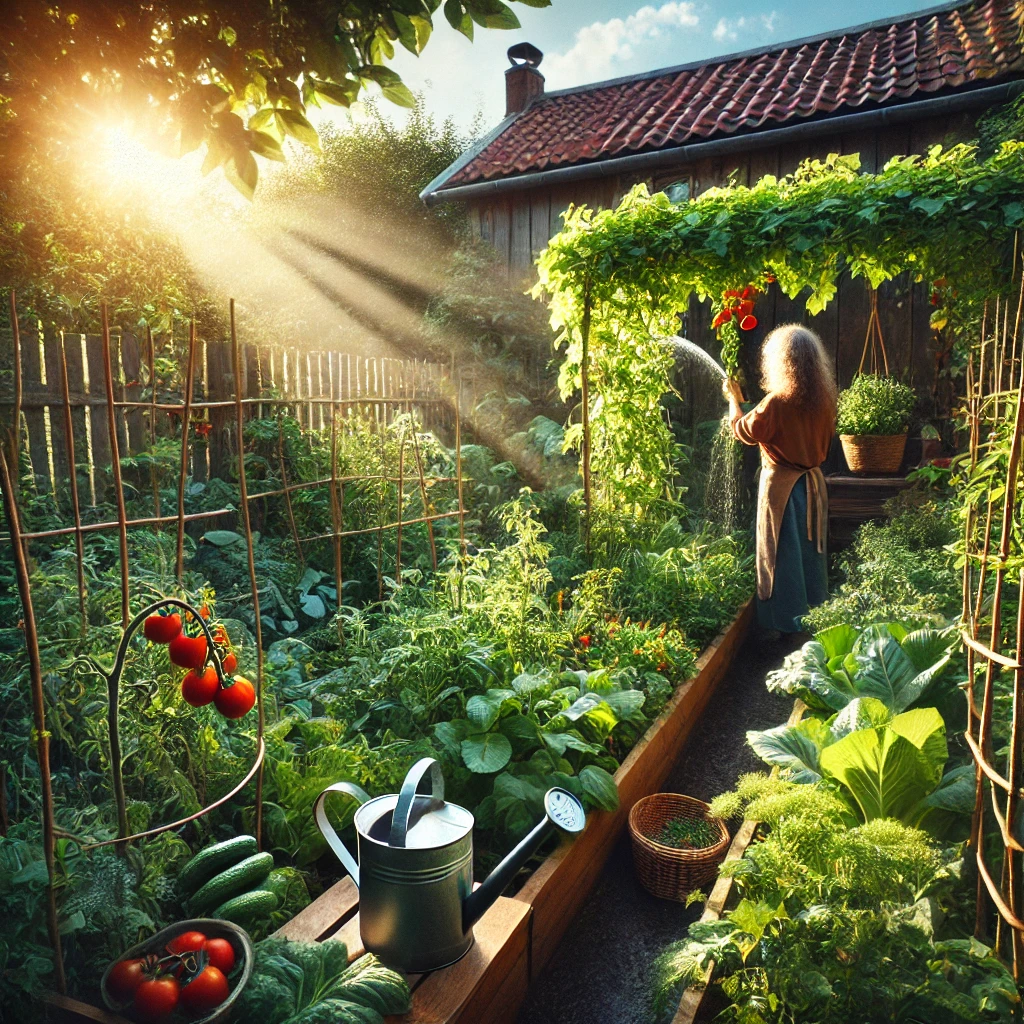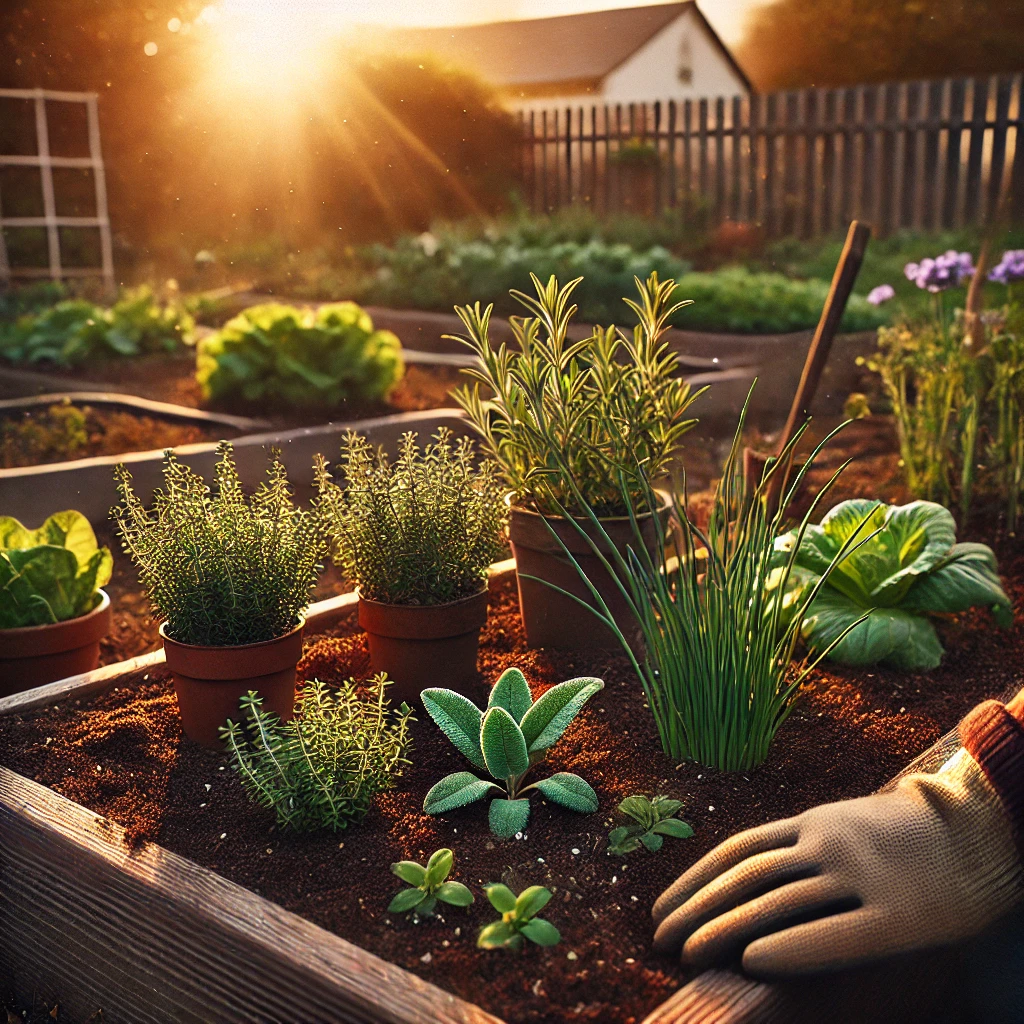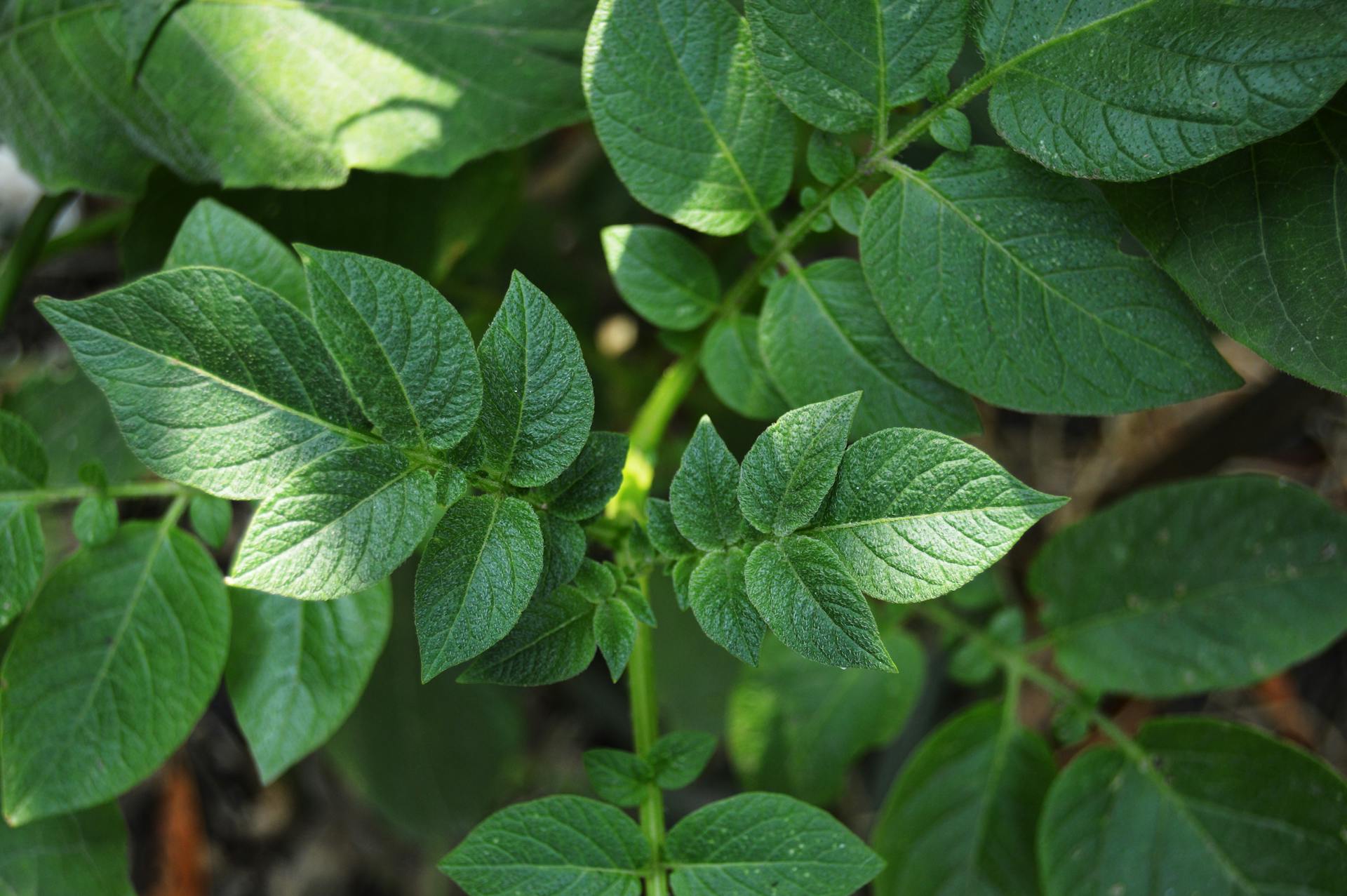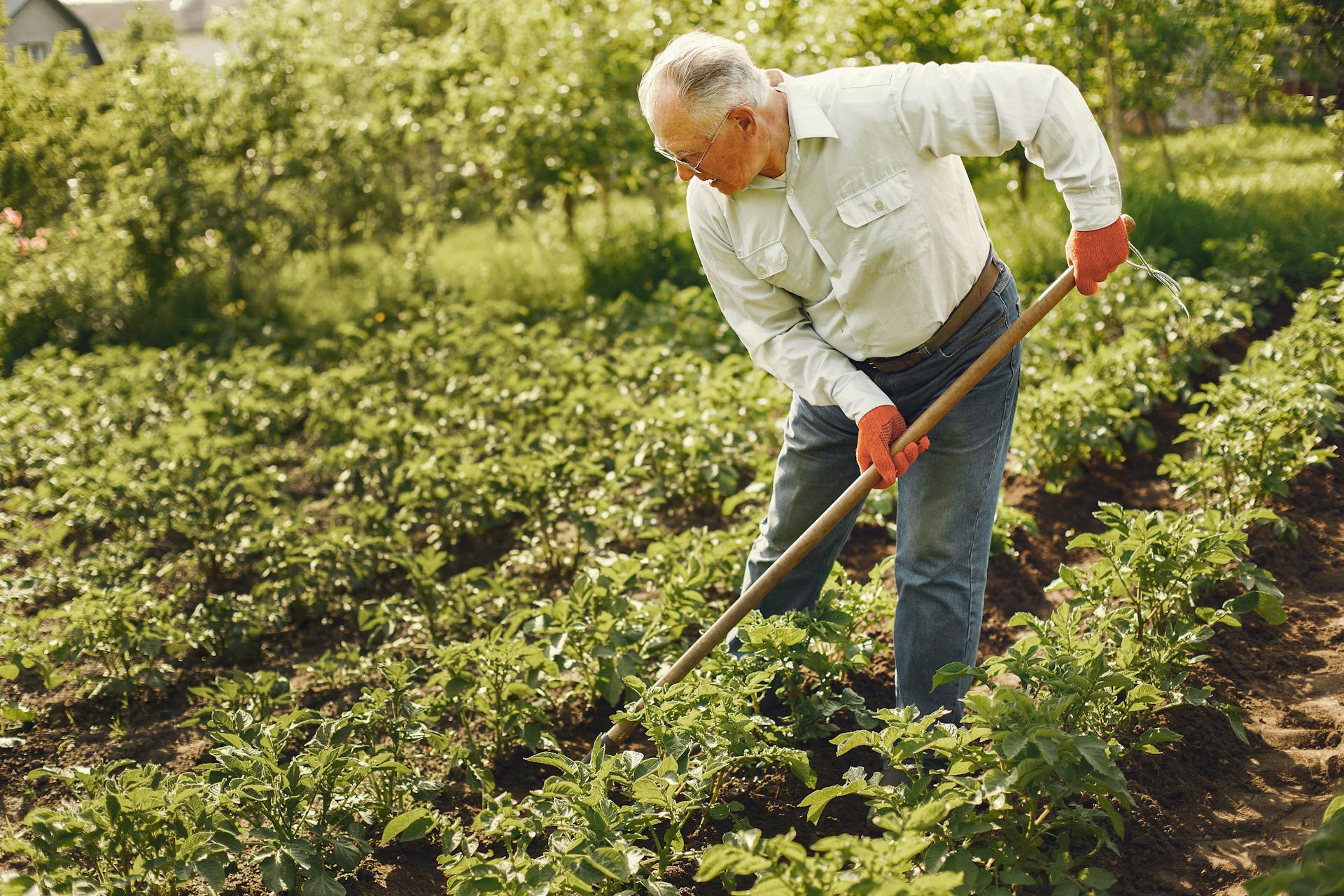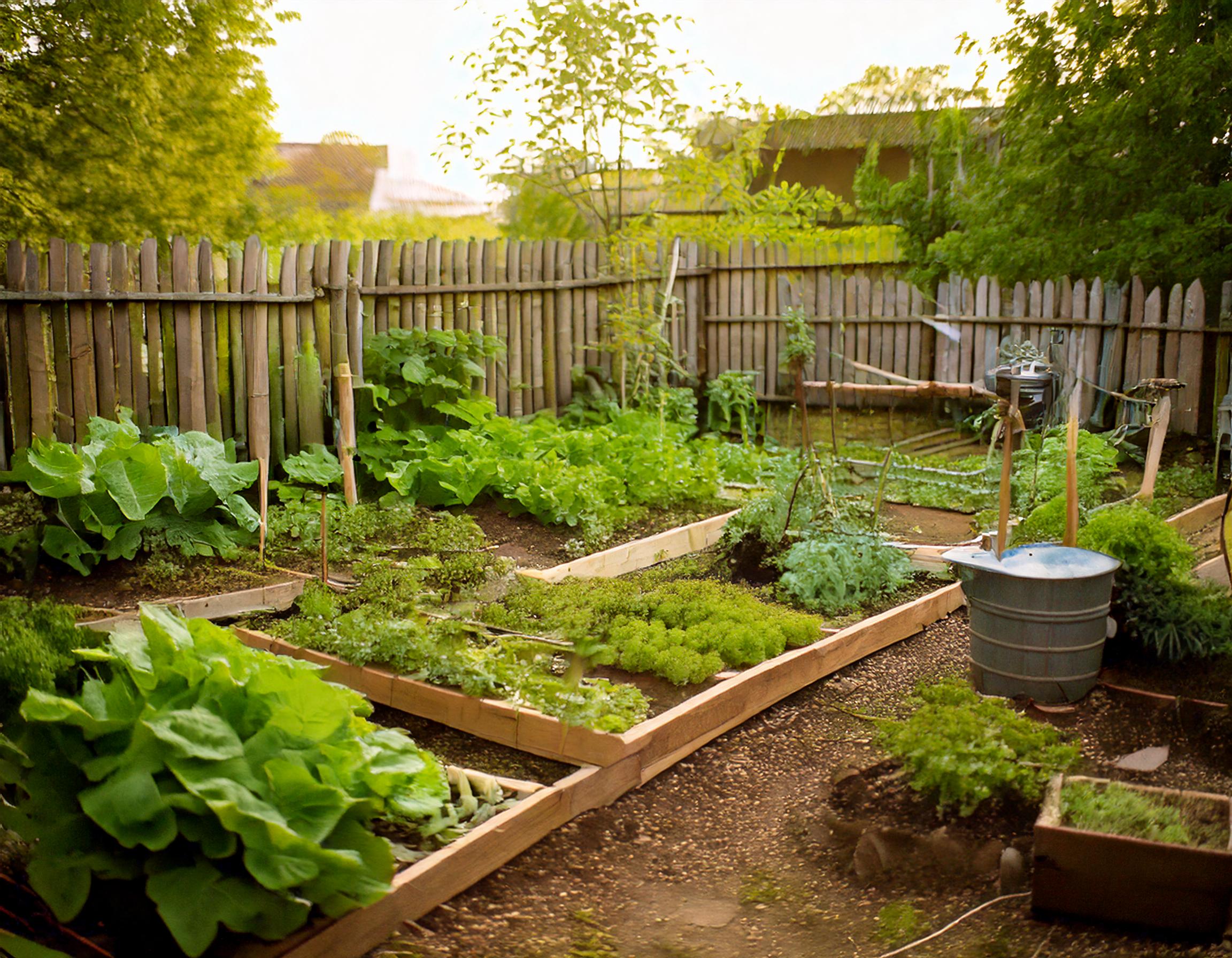In a world increasingly marked by supply chain disruptions, climate challenges, and economic instability, the need for resilience has never been greater. Prepping has become a way of life for many, and home gardening is a vital piece of this puzzle. Growing your own food not only fosters self-sufficiency but also strengthens your household’s ability to weather crises. In this post, we’ll explore how home gardens can play a pivotal role in building a resilient food system.
Why Home Gardens Are Essential for Preppers
Self-Sufficiency: One of the most significant benefits of home gardening is the independence it offers. When you grow your own food, you’re less reliant on grocery stores and the complexities of global supply chains. This means fewer worries about empty shelves during a crisis.
Food Security: Home gardens provide a steady and reliable food source, ensuring that your family has access to fresh and nutritious produce even when external systems falter.
Cost-Effectiveness: While long-term food storage options like freeze-dried meals can be expensive, home gardening offers a more budget-friendly alternative. With a modest upfront investment in seeds and tools, you can produce an abundance of food year after year.
Key Crops for a Resilient Garden
Nutrient-Dense Options: Growing crops like kale, spinach, sweet potatoes, and beans ensures that your garden yields food rich in vitamins and minerals. These plants are not only healthy but also versatile in the kitchen.
Staples for Long-Term Storage: Potatoes, onions, garlic, and winter squash are ideal for storing and can sustain your family through lean months. These crops have a long shelf life when stored properly.
Fast-Growing Crops: For quick results, radishes, lettuce, and other fast-growing vegetables can provide fresh food within weeks of planting.
Perennial Crops: Perennials like asparagus, rhubarb, and berry bushes come back year after year, reducing the need for replanting and ensuring a steady supply of produce.
Vegetables We Sell: Incorporate vegetable starts like peppers, tomatoes, cucumbers, and leafy greens from our collection into your garden. These easy-to-grow options provide a delicious and nutritious addition to your meals while supporting your self-sufficiency goals.
Overcoming Common Challenges
Soil Quality: Healthy soil is the foundation of a productive garden. Build your soil’s fertility through composting, using organic matter, and testing its pH levels to ensure optimal growing conditions.
Water Management: In many regions, water scarcity is a concern. Drip irrigation systems, mulching, and rainwater harvesting can help conserve water and keep your garden thriving.
Pest and Disease Control: Natural methods like companion planting, introducing beneficial insects, and using organic sprays can protect your plants from common pests and diseases.
Space Limitations: If you’re short on space, consider container gardening or vertical gardening techniques to maximize your growing area.
Integrating Your Garden with Other Preps
Preservation Methods: Extend the shelf life of your produce by learning preservation techniques such as canning, dehydrating, and freezing. This ensures you can enjoy your harvest long after it’s picked.
Seed Saving: Save seeds from your best plants to reduce reliance on store-bought seeds and ensure you’re prepared for future growing seasons.
Bartering Potential: Excess produce from your garden can be a valuable resource for bartering within your community, helping you build connections while meeting other needs.
Success Stories and Inspiring Examples
History offers many examples of the power of home gardening. During World War II, Victory Gardens provided food security for millions of families, easing the burden on public food supplies. Today, many individuals and communities have embraced gardening as a means to weather economic downturns and natural disasters, proving that even small gardens can make a big difference.
Conclusion
Home gardening is more than a hobby; it’s a critical tool for building resilience in uncertain times. By growing your own food, you can enhance your self-sufficiency, improve your food security, and reduce your reliance on fragile systems. Whether you’re an experienced gardener or just starting, now is the time to plant the seeds for a more resilient future.
What role does gardening play in your prepping journey? Share your experiences and tips in the comments below!

